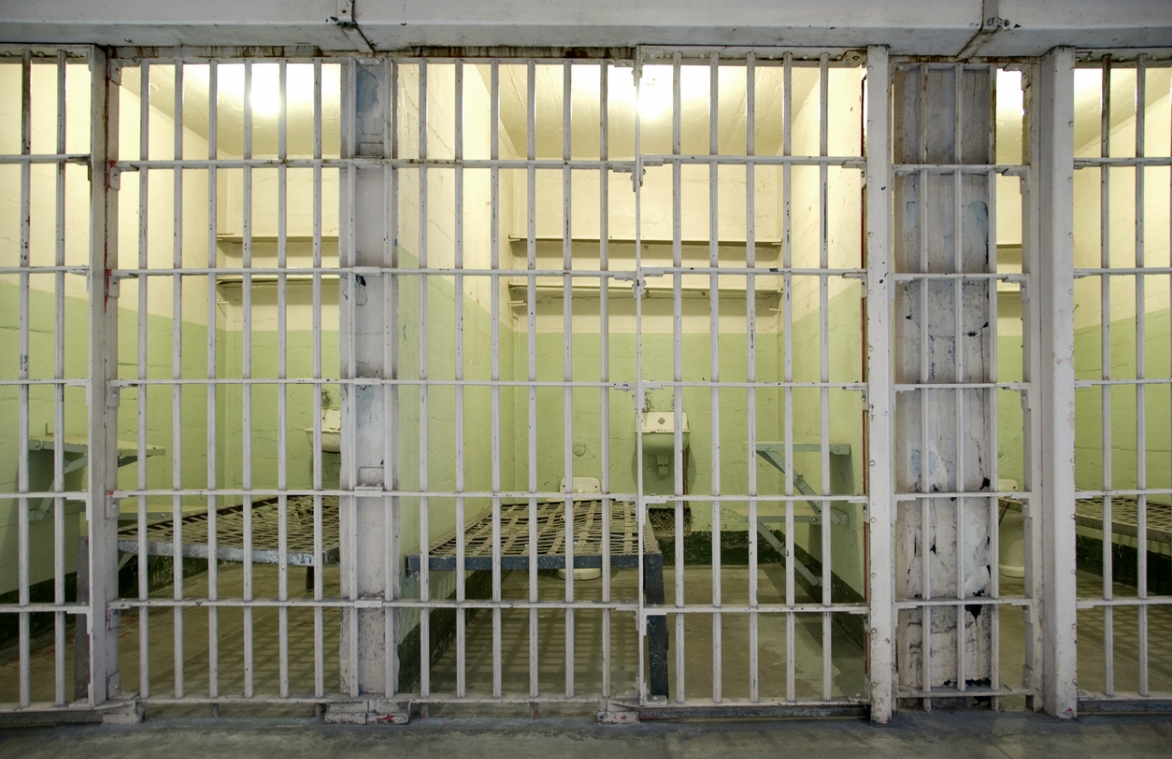PHOENIX (AP) — A three-member U.S. appeals court panel has sided with Arizona prison officials’ ban on sexually explicit material for inmates, denying a prison journal’s claims of First Amendment violations.
The 9th U.S. Circuit Court of Appeals panel in San Francisco issued an opinion July 8 mostly supporting the Arizona Department of Corrections’ previous censorship of various issues of Prison Legal News.
The state had challenged a district court’s permanent injunction of the ban and an order to deliver four issues unredacted.
“We conclude that most of the Department’s redactions of the Prison Legal News issues … abide by the First Amendment,” Circuit Judge Eric Miller wrote. For example, it found the redaction of graphic passages from an October 2014 article were “rationally related” to discouraging sexual harassment of corrections officers.
Representatives for the Arizona Department of Corrections and the Human Rights Defense Center, which publishes Prison Legal News, did not respond to an email seeking comment July 9.
The Department established an order in 2010 prohibiting prisoners from sending, receiving or possessing sexually explicit material or content seen as “detrimental” to the safety and operation of prison facilities. It was issued after mostly female staff complained inmates were harassing them with sexual images.
Inmates at more than 3,000 prisons nationwide subscribe to Prison Legal News, according to the court opinion. Arizona prison officials permitted the circulation of over 90 issues without incident. But in 2014, they refused to deliver one issue over sexually explicit material. Officials later changed their minds except for one article in the October issue.
In 2017, the corrections department redacted articles in three other issues for the same reason.
Prison Legal News initially won a lawsuit in 2019 challenging the ban. While the 9th Circuit panel ruled the censorship clearly did not cover mere mentions of sexual acts or sexual violence, including in academic contexts, it did apply if officials were keeping inmates from seeing material that would make prisons less safe.
The Free Speech Center newsletter offers a digest of First Amendment and news media-related news every other week. Subscribe for free here: https://bit.ly/3kG9uiJ

